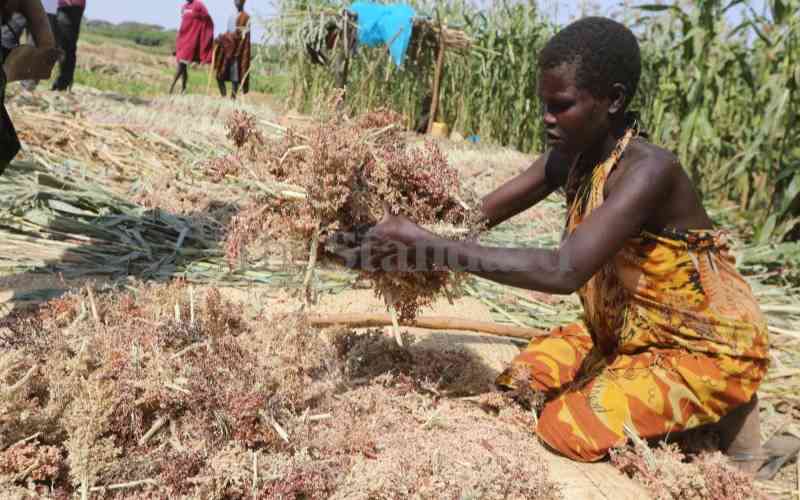
Alarming levels of food insecurity have gripped the IGAD region, propelled by a relentless combination of drought, floods, locust infestations, the Covid-19 pandemic and ongoing conflicts. The situation has left over 50 million people across seven out of the eight member states in dire need of sustenance.
To counter these challenges, leaders within the IGAD member states are being urged to establish an inter-regional platform that enables coordinated early warnings and responses to address the escalating invasion of transboundary pests. This move is seen as a critical step towards mitigating the impacts of these relentless adversities.